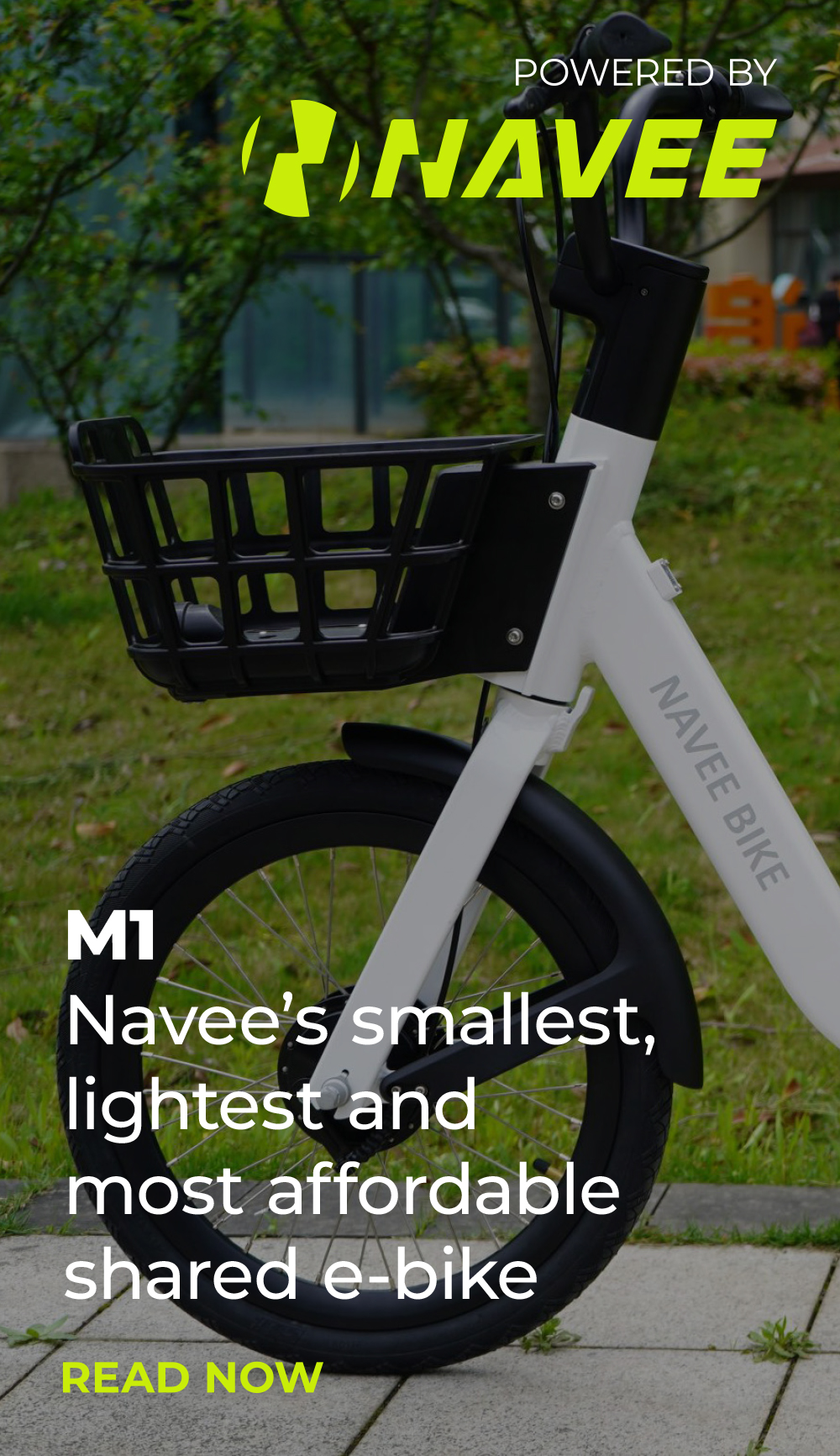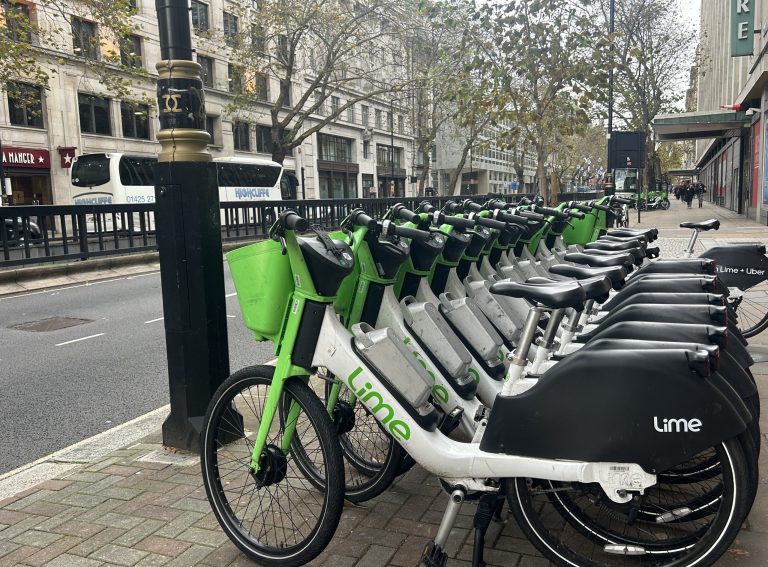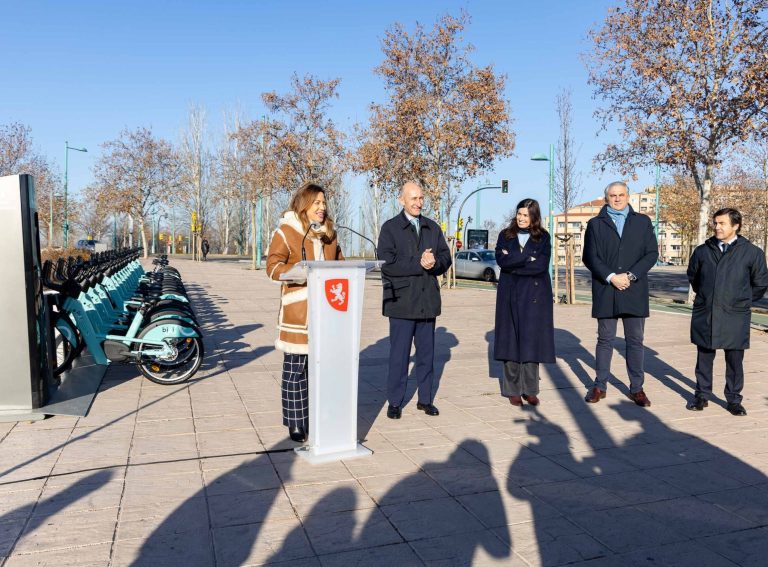The UK e-scooter trials hit 11 million rides last week, with the total number of journeys doubling since the beginning of April this year.
Many of the 50 fleets continue to perform well as the programme approaches its second winter season and the end of the trials loom in March 2022 (although some have already been extended beyond this date).
With shared e-scooter numbers on the streets now up to around 20,000 across England, and a fairly linear increase in numbers across the 15 months since trial launch, a crude calculation means the average e-scooter will have served nearly 1,000 rides (although quite a few will have been repaired and replaced due to wear and tear).
Bristol continues to lead the UK e-scooter trials with the most number of journeys of any fleet – 2.3 million so far, with many days exceeding 10,000 e-scooter rides. Close behind is Liverpool with 1.5 million journeys, while Nottingham has just recently exceeded one million. Bristol and Liverpool’s operations are run by Voi, while Nottingham’s e-scooters are operated by Wind.
London, which only launched in June this year and is still restricted to only around a third of the capital’s boroughs, has seen nearly 400,000 journeys already. The recent addition of Camden borough to the operation areas for the three companies running fleets (TIER, Dott and Lime) has no doubt been very beneficial to the utility of the service.
Top cities (all figures rounded):
- Bristol: 2.3 million
- Liverpool: 1.5 million
- Nottingham: 1 million
- Birmingham: 0.7 million
- Northampton: 0.7 million
- Milton Keynes: 0.6 million
- London: 0.4 million
- Cambridge: 0.4 million
Voi remains the dominant operator in the UK, with 61 per cent of journeys here, made with 54 per cent of the UK’s e-scooters. Wind’s single-city Nottingham fleet is second with nine per cent of journeys, while Lime has expanded considerably in 2021, with nine per cent of the shared e-scooters on UK streets.
Fleets that have recently grown include London (all operators) and Southampton’s Voi fleet. Beryl has also expanded its e-scooter offering in Norwich, where it continues to operate alongside its manual and electric bikeshare fleet. Bird’s Canterbury fleet continues to build back, albeit within a restricted operating area. Ginger in Middlesbrough, the original UK trial operation, has also expanded up to 100 e-scooters. Most other fleets are remaining constant in size, with little scaling back apparent.
As more difficult riding conditions approach with winter, it looks like the UK’s trial operation is in an excellent position to continue, and the trial’s evaluation by the Department for Transport will be awaited with interest.
Zag Daily is very grateful to the operators who have provided detailed journey numbers to help with the compilation of this update.






